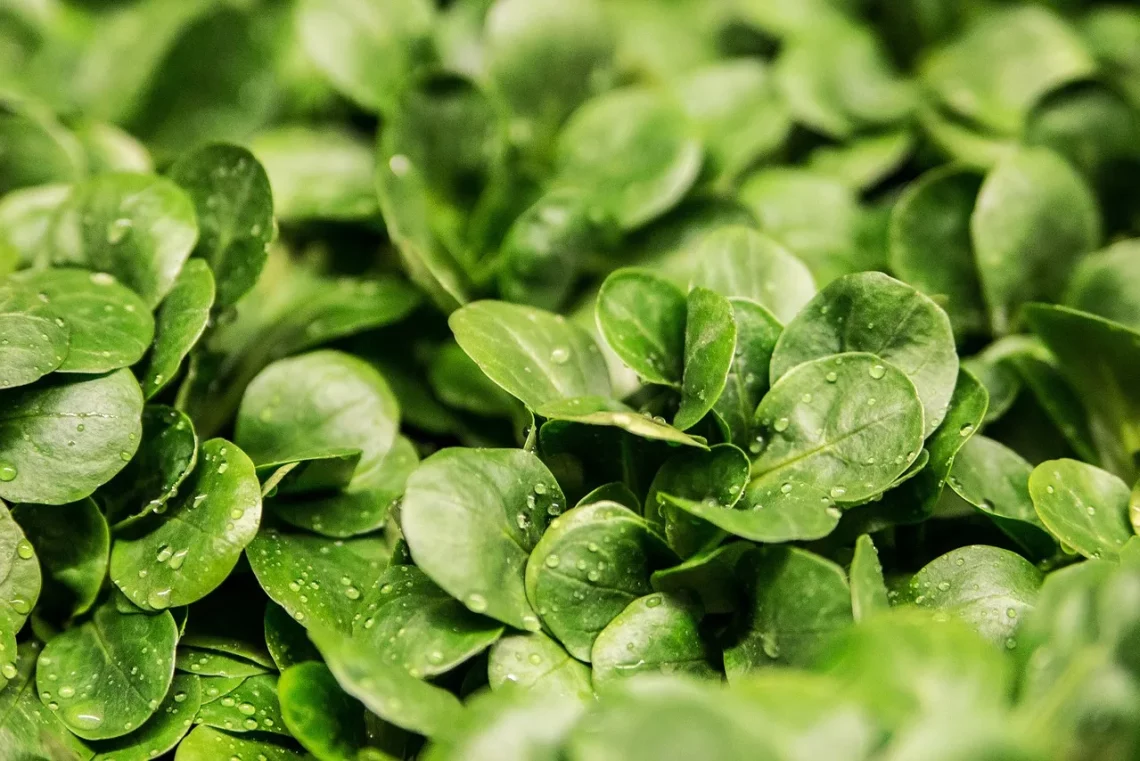
Can Guinea Pigs Eat Brussels Sprouts? A Complete Guide
Guinea pigs are beloved pets known for their gentle disposition and playful personalities. As herbivores, their diets primarily consist of hay, fresh vegetables, and specially formulated pellets. However, many owners often find themselves questioning which vegetables are safe and beneficial for their furry companions. One such vegetable that frequently comes under scrutiny is the Brussels sprout. With their unique taste and nutrient profile, Brussels sprouts may seem like a healthy option, but it’s essential to understand their impact on a guinea pig’s health.
Understanding the dietary needs of guinea pigs is crucial for their overall well-being. These small rodents have specific nutritional requirements, including a high intake of fiber, vitamin C, and a balanced amount of fats. While some vegetables can be safely introduced into their diet, others may cause digestive issues or be harmful in larger quantities. As a responsible pet owner, it’s vital to navigate the complexities of their dietary preferences and restrictions.
In this context, Brussels sprouts offer an intriguing option. Packed with vitamins, minerals, and antioxidants, they are often praised for their health benefits in human diets. However, the question remains: can guinea pigs eat Brussels sprouts? This guide aims to provide comprehensive insights into the compatibility of Brussels sprouts with a guinea pig’s diet, the potential benefits and risks, and how to introduce them safely to your pet’s meals.
Nutritional Value of Brussels Sprouts
Brussels sprouts are part of the cruciferous vegetable family and are known for their impressive nutritional profile. These small, round vegetables are rich in essential vitamins such as vitamin C, K, and a range of B vitamins. They also contain minerals like potassium, manganese, and folate, making them a nutritious addition to many human diets.
For guinea pigs, vitamin C is particularly important, as they cannot synthesize it on their own. This vitamin plays a crucial role in various bodily functions, including immune system support and collagen production. While Brussels sprouts do provide a decent amount of vitamin C, they should not be the sole source of this nutrient in a guinea pig’s diet. Fresh vegetables like bell peppers, kale, and parsley are also excellent sources of vitamin C that can be offered alongside Brussels sprouts.
In addition to vitamins, Brussels sprouts are a good source of dietary fiber, which is essential for maintaining healthy digestion in guinea pigs. Fiber helps regulate their digestive system, preventing issues such as bloating or constipation. However, it’s important to note that while fiber is beneficial, too much of it in the form of certain vegetables can lead to gas and discomfort, particularly with cruciferous vegetables like Brussels sprouts.
Though Brussels sprouts contain many beneficial nutrients, it’s essential to consider their potential downsides. For example, they are known to be high in oxalates, which can contribute to the formation of kidney stones in susceptible animals. Moreover, the sulfur compounds present in Brussels sprouts can lead to increased gas production in guinea pigs. This is why it’s crucial to introduce them gradually and in moderation.
How to Introduce Brussels Sprouts to Your Guinea Pig
Introducing any new food to your guinea pig’s diet should be done with caution and care. When it comes to Brussels sprouts, the process should be no different. Start by offering a small amount of the vegetable to observe how your pet reacts to it. A single sprout or a small piece of one is usually sufficient for an initial introduction.
Before offering Brussels sprouts, ensure they are fresh and thoroughly washed to remove any pesticides or contaminants. Cutting the sprout into smaller pieces can also make it easier for your guinea pig to eat and digest. Monitor your pet closely after the introduction, watching for any signs of digestive discomfort, such as bloating, diarrhea, or excessive gas. If you notice any adverse reactions, discontinue feeding the vegetable and consult a veterinarian if necessary.
Once your guinea pig seems to tolerate Brussels sprouts well, you can gradually increase the amount you offer. However, it’s crucial to remember that moderation is key. Brussels sprouts should only comprise a small portion of your pet’s overall diet, alongside their usual hay and other fresh vegetables.
A good rule of thumb is to offer Brussels sprouts no more than once or twice a week. This way, you can enjoy the benefits of the vegetable without overwhelming your guinea pig’s digestive system. Always ensure that your furry friend has access to fresh hay and clean water, as these are the primary components of their diet.
Potential Risks and Considerations
While Brussels sprouts can be a nutritious addition to your guinea pig’s diet, there are several risks and considerations that every pet owner should be aware of. First and foremost, the high fiber content, while beneficial, can lead to digestive issues if consumed in excess. Guinea pigs have sensitive digestive systems, and introducing too many cruciferous vegetables can cause gas and bloating.
In addition, the oxalate content in Brussels sprouts poses a risk, particularly for guinea pigs that may be predisposed to urinary issues. Oxalates can bind to calcium in the body, potentially leading to kidney stones or bladder sludge. If your guinea pig has a history of urinary problems, it’s best to avoid Brussels sprouts altogether.
Another important consideration is the sulfur compounds present in Brussels sprouts. These compounds can contribute to gas production in guinea pigs, leading to discomfort. If your guinea pig is particularly sensitive to gas-producing foods, you may want to limit or avoid Brussels sprouts in their diet.
Lastly, it’s crucial to ensure that Brussels sprouts are not the only source of vegetables in your guinea pig’s diet. A varied diet rich in different vegetables will provide a broader range of nutrients and prevent any potential deficiencies. Always prioritize fresh hay, a variety of leafy greens, and other safe vegetables to maintain a balanced diet.
In summary, while Brussels sprouts can be offered to guinea pigs in moderation, it’s essential to take into account individual sensitivities and the overall balance of their diet. Always consult with a veterinarian if you’re unsure about what foods are suitable for your pet.
**Disclaimer: This article is for informational purposes only and does not constitute medical advice. Always consult with a veterinarian for health-related concerns regarding your pet.**




